EDMUND S. MORGAN is the Sterling Professor of History Emeritus at Yale University and past president of the Organization of American Historians.
The University of Chicago Press, Chicago 60637
The University of Chicago Press, Ltd., London
1956, 1977, 1992, 2013 by The University of Chicago
All rights reserved. Fourth edition 2013.
Printed in the United States of America
22 21 20 19 18 17 16 15 14 13 1 2 3 4 5
ISBN-13: 978-0-226-92342-0 (paper)
ISBN-13: 978-0-226-92343-7 (e-book)
ISBN-10: 0-226-92342-8 (paper)
ISBN-10: 0-226-92343-6 (e-book)
LIBRARY OF CONGRESS CATALOGING-IN-PUBLICATION DATA
Morgan, Edmund S. (Edmund Sears), 1916
The birth of the Republic, 176389 / Edmund S. Morgan ; with a new foreword by Joseph J. Ellis. Fourth edition.
pages ; cm. (Chicago history of American civilization)
Includes bibliographical references and index.
ISBN-13: 978-0-226-92342-0 (paperback : alkaline paper)
ISBN-13: 978-0-226-92343-7 (e-book)
ISBN-10: 0-226-92342-8 (paperback : alkaline paper)
ISBN-10: 0-226-92343-6 (e-book) 1. United StatesHistoryRevolution, 17751783. 2. United StatesHistoryConfederation, 17831789. I. Ellis, Joseph J. II. Title. III. Series: Chicago history of American civilization.
E208.M85 2012
973.3dc23
2012013927

This paper meets the requirements of ANSI/NISO Z39.48-1992 (Permanence of Paper).
Foreword to the Fourth Edition
Mark Twain once defined a classic as a book that everyone talks about but no one actually reads. Edmund S. Morgans The Birth of the Republic does not fit Twains definition, since it has enjoyed several generations of American readers, to include a veritable legion of undergraduates who first encountered the American Revolution in its pages. But it is a classic in the traditional sense of the term, meaning that it provided a fresh interpretation of how and why that seminal event in American history happened, an interpretation that replaced the reigning wisdom of the previous forty years.
Originally published in 1956, The Birth of the Republic rested on research that Morgan had done for his previous book, The Stamp Act Crisis. Based on exhaustive reading of the pamphlets, newspapers, and letters of the period, Morgan discovered a rather stunning agreement among American colonists in response to British attempts to reconfigure the empire after the French and Indian War. First the Sugar Act (1764) and then the Stamp Act (1765) generated a united chorus of opposition based on the widespread presumption that Parliament lacked the authority to tax the colonists without their consent. Over the next five years, in response to British efforts to levy import duties for the purpose of raising revenue and to quarter troops in the colonies, the Americans reached the conclusion that Parliament lacked the authority to legislate for the colonies at all.
If all this sounds rather obvious, shall we say self-evident, it is because Morgans interpretation has succeeded so completely that it is difficult for us to imagine any plausible alternative. But for the first half of the twentieth century the dominant school of thought emphasized the deep class divisions within the American camp, described the constitutional arguments of the colonists as propagandistic rather than principled, and viewed the Constitution not as the fulfillment of republican principles but as a betrayal. On all these counts Morgan challenged the established orthodoxy in order to recover the nineteenth-century sense of the American Revolution as an unprecedented triumph for liberal political principles, albeit without the romantic haze and myth-making agenda of earlier historians like George Bancroft.
It was, and is, a patriotic interpretation, in the elemental sense that it depicts the American Revolution and the creation of a viable American nation-state in positive terms. Morgan was fully aware that the most transformative implications of the American Revolution were delayed or deferred. The rights of women were ignored and, most worrisome, the obvious contradiction of slavery was finessed. He also recognized that the success of the movement for American independence was the death knell for Native Americans east of the Mississippi, next to slavery our most egregious tragedy.
Much of the scholarship over the last thirty years has focused on those groupsAfrican Americans, women, Native Americansthat the American Revolution left behind, on occasion creating the impression that its failure to implement the full promise of its enlightened principles means that the American Revolution was, in fact, a failure. The Birth of the Republic argues otherwise, depicting the late eighteenth century as the most creative era in American history, providing the ideas and institutions that would, over time, allow the United States to creep closer to its original ideals.
Apart from its uplifting argument, part of the appeal of The Birth of the Republic is its prose style, which is blissfully bereft of academic jargon, sophisticated but simple in a way that scholarly specialists find impressive and ordinary readers find comprehensible. Morgan makes the story he is telling take precedence over the note cards he has assembled. He regards narrative as the highest form of analysis, and he has a natural gift for telling a story, silently digesting mountains of historical evidence to produce the distilled essence of the issue at stake. He is fond of saying that when you construct a building, you put up scaffolding. But when the building is finished, you take the scaffolding down. He wears his learning lightly, in effect inviting us into a conversation about our origins as a people and a nation.
The Birth of the Republic appeared on the early side of Morgans long and prolific career, first at Brown, then for thirty-one years at Yale, from which he retired in 1986. Depending on how you count, he has authored or edited twenty-six books ranging across the landscape of seventeenth- and eighteenth-century America. These include several works on New England Puritanism; a seminal study of race and class in early Virginia; biographies of John Winthrop, Ezra Stiles, George Washington, Roger Williams, and Benjamin Franklin; and a panoramic look at the concept of popular sovereignty in Anglo-American political thought. His work has received virtually every award the profession can bestow, capped off by the National Humanities Medal in 2000 and a special Pulitzer Prize for his lifetime achievement as a scholar. A persuasive case can be made that Morgan is the most respected American historian of the last half century.
The pages that follow, then, represent an early expression of the interpretive flair and stylistic skill that were destined to make an indelible mark on our understanding of Americas origins. Here we can see him hitting his stride, revising the conventional wisdom of the causes and consequences of the American Revolution, synthesizing massive piles of scholarship succinctly, playfully tossing off a twinkling aside, making it all look so easy.
This fourth edition includes revisions Morgan made in the text and the bibliographic essay in the second (1977) and third (1992) editions.
October 2011
JOSEPH J. ELLIS


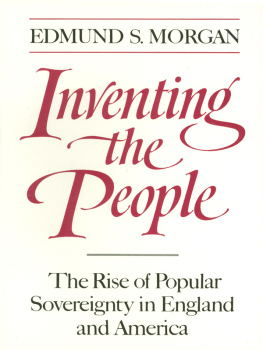


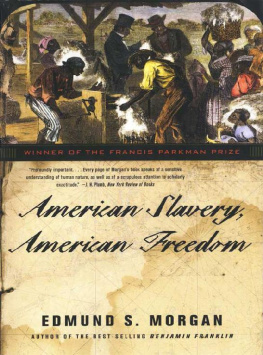

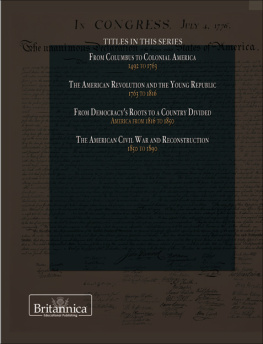
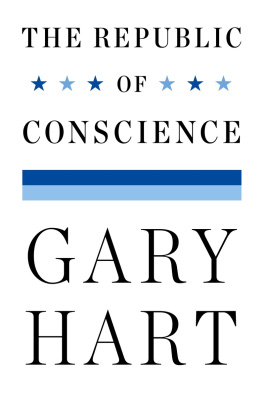
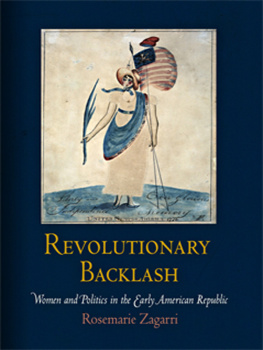
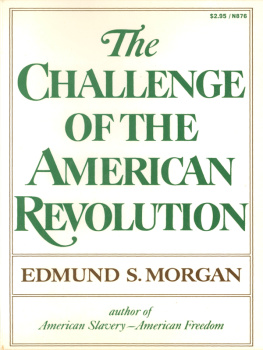
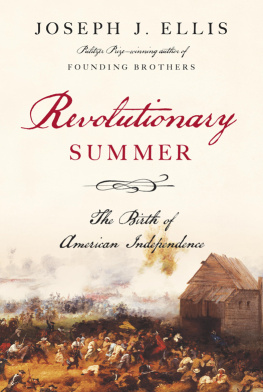
 This paper meets the requirements of ANSI/NISO Z39.48-1992 (Permanence of Paper).
This paper meets the requirements of ANSI/NISO Z39.48-1992 (Permanence of Paper).